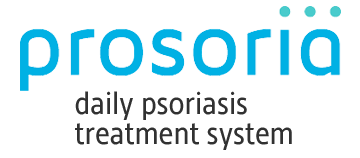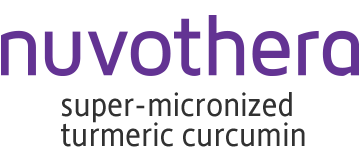Understanding the 7 Types of Psoriasis and How They Are Treated

You might think of psoriasis as an itchy rash with red, flaky areas that cover the skin, but that’s just part of the story. While normal skin cells take about 28 to 30 days to develop, people with psoriasis develop new skin cells every three to four days. These cells pile up on the surface of the skin and can cause raised, itchy plaques and irritation. Psoriasis is a chronic autoimmune disease with lifelong consequences and may be associated with other health conditions such as diabetes, heart disease, irritable bowel disease, depression, psoriatic arthritis and cardiovascular disease, as well as many others. Though it is not contagious, the emotional impact of psoriasis can be debilitating and the social impact isolating. Steps can be taken to treat psoriasis symptoms, prevent recurrence and offer relief from pain and irritation, as well as provide confidence to those who feel stigmatized by their flares.
There are seven different types of psoriasis. Knowing which type you have will help you and your doctor determine the best course of treatment. Sign up to get a downloadable copy of our 7 Types of Psoriasis guide FREE!

